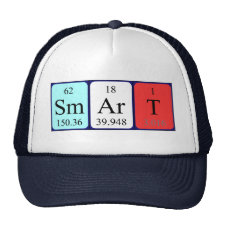
Authors: Qin YR, Xie JF, Li ST, Cai CQ, Chen XM, Zhong GQ, Chen CY
Article Title: A boronate affinity MIP-based resonance light scattering sensor for sensitive detection of glycoproteins.
Publication date: 2018
Journal: Analytical Methods
Volume: 10
Issue: (42)
Page numbers: 5112-5117.
DOI: 10.1039/C8AY01053F
Abstract: Glycoproteins have extraordinary significance for the diagnosis of tumors and cancers. However, in untreated complex biological samples, highly selective and sensitive determination of glycoproteins is still a huge challenge. In this study, a boronate affinity surface molecularly imprinted resonance light scattering (RLS) sensor was constructed to detect glycoproteins. In the RLS sensor, 4-vinylbenzeneboronic acid, which was used as a functional monomer for molecularly imprinted polymers (MIPs), is pH sensitive and can reversibly bind to glycoproteins. In addition, 2-(dimethylamino) ethyl methacrylate was also applied as a pH-responsive component to prepare MIPs. The swelling/shrinking properties of the resultant MIPs are beneficial to rapidly remove template glycoproteins from MIPs. Combining the boronate affinity and MIPs, the RLS sensor can specifically recognize target glycoproteins from sample solutions and sensitively detect them. Under optimum conditions, the RLS sensor has a linear response to ovalbumin (OVA) in the range of 0.5-15 nM with a low detection limit of 0.13 nM. The RLS sensor has been successfully utilized for the detection of OVA in real human blood serum, with a good recovery of 94.0-104%. This approach will provide a promising way to detect glycoproteins in clinical diagnostics
Template and target information: protein, glycoprotein, ovalbumin, OVA



Join the Society for Molecular Imprinting

New items RSS feed
Sign-up for e-mail updates:
Choose between receiving an occasional newsletter or more frequent e-mail alerts.
Click here to go to the sign-up page.
Is your name elemental or peptidic? Enter your name and find out by clicking either of the buttons below!
Other products you may like:
 MIPdatabase
MIPdatabase









